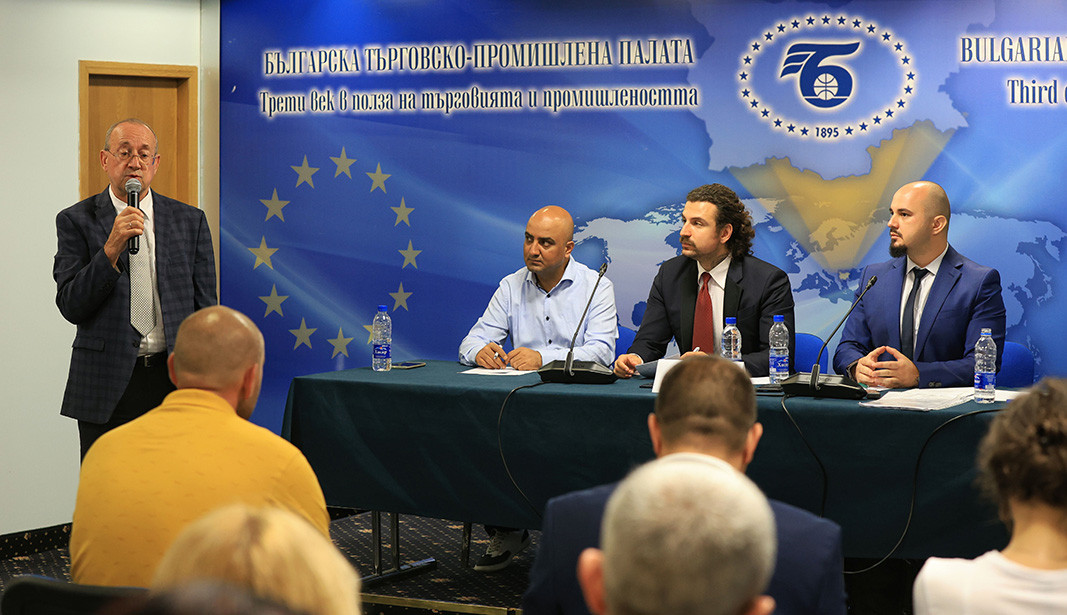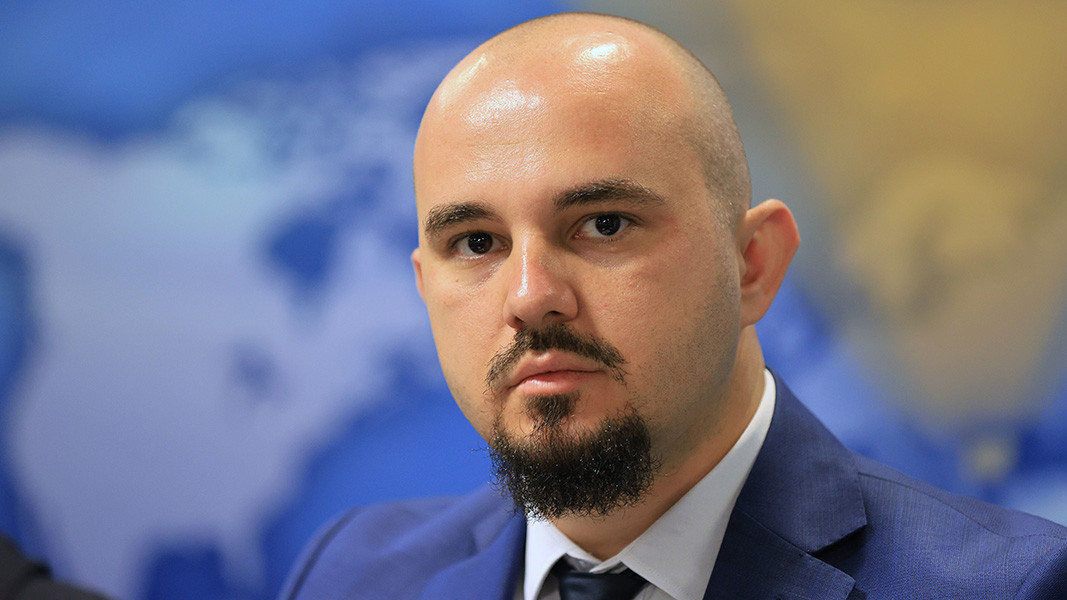The demographic crisis in this country is advancing at a rapid rate, holding back the development of businesses, but this is a tendency observed in other countries as well. Because of their good qualifications, Bulgarian workers find work in many other European countries, aggravating the problem of staff shortages. More than 70% of the employers in the country are having problems finding staff. These staff shortages have led to a rise in salaries so as to attract workers. However, this does not solve the problems employers have, as was made clear during the meeting on decisions for the import of workers from other countries, organized by the Bulgarian Chamber of Commerce and Industry and Human Power BG, a company mediating between businesses and job seekers. 
The conclusion reached at the meeting is that this problem can be partially overcome by importing staff from countries like Nepal, India and Bangladesh.
“The idea is not to have a race for salaries, the idea is for the process to be strategically convenient for both staff and employers. The salaries of the people expected to come from Nepal are upwards of EUR 500 a month, depending on the position”, says Slavi Slavov from the HR agency. 
In a number of industries there are unpleasant processes, he says further. They are connected with things like bad smells, heat and other factors which mean Bulgarian workers do not want to take part in them even though they are important for the business’ functioning. One such example is the production of glass bottles, during the first stage of which people have to work in an environment where the temperatures are 35-40 С°, and there are day and night shifts. When no one wants to work in this first stage of production, that puts the entire production cycle at risk. It is in cases such as this that employers can benefit from importing workers from third countries who, on their part, are happy to come to Bulgaria for better pay.
Practice has shown that the workers from these countries are calm, loyal, diligent and very hard-working. They adapt quickly to the new environment and get the hang of the job just as quickly. An ice cream company owner says that he has such workers, and that they are coping very well, are integrating into the team successfully and that he is currently planning to promote some of them.
But how can an employer be sure they are hiring a worker with the necessary skills? Slavi Slavov:
“You know that with some positions, for example welders, you have to see them at work to know how good they are. When the worker is in another country there is no way to test them, except by video. This video allows the technologist, the executive or someone else from the company to check the worker’s coefficient of performance and to say to themselves: Yes, this one will do, or No, this one won’t do.”
One serious challenge at this time is how cumbersome the process of hiring staff from third countries is, says Slavi Slavov:
“The steps are, unfortunately, slow and take 4 to 6 months. I am hoping something will change, because that is not a normal thing. Actually, the deadlines set down for the institutions by law are much shorter – 14 days for the National Employment Agency, 14 days for the Interior Ministry’s Migration directorate. But they extend them, they just don’t have the staff necessary to help them do their job, and maybe there are other reasons as well.”
The HR company takes advantage of this long period the paperwork takes to provide the workers with basic Bulgarian language and terminology training.
Tsvetan Simeonov, Chairman of the Bulgarian Chamber of Commerce and Industry says that businesses expect the future government to start work on streamlining the process of importing foreign workers, because if ways are not found to solve the staff shortage problem, then it would be difficult to catch up with the economies of our European partners. Bulgaria has signed agreements on labour migration with four countries – Israel, Moldova, Armenia and Georgia. Employers say that concluding such agreements with other countries will help speed up the process of hiring workers and will guarantee predictability.
More:
Text by Miglena Ivanova based on publications by BTA and BGNES
Translated and posted by Milena Daynova
Photos: BTA, bcci.bg, Facebook/HumanPowerBG
“The main priorities businesses have – membership of the Eurozone and accession to the Schengen area by land – have receded to the background. They are the motors which can boost the economy, but the fact there is no regular government is an obstacle..
Bulgargaz has reported record interest in its tender for the supply of LNG to the Alexandroupolis terminal for January and February 2025. All nineteen bidders met the criteria set by the company and have been approved to participate in the next..
The Russian state oil company Lukoil has plans to sell its Bulgarian refinery Neftochim based in Burgas on the Black Sea Coast. It is the largest in the Balkans, writes the Financial Times . The deal is expected to be announced by the end of..
The assets of private pension funds have reached EUR 13 billion. According to data from the Financial Supervision Commission, they have increased by..

+359 2 9336 661
